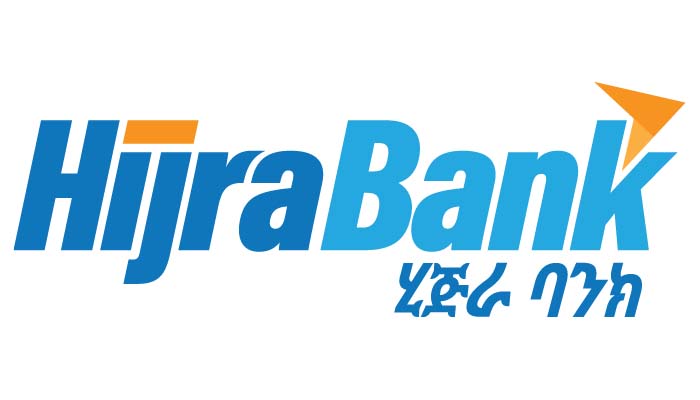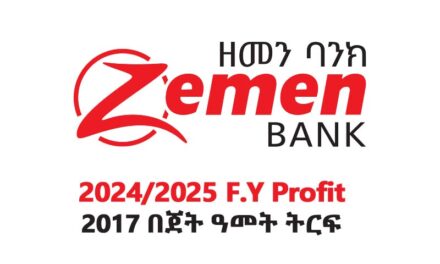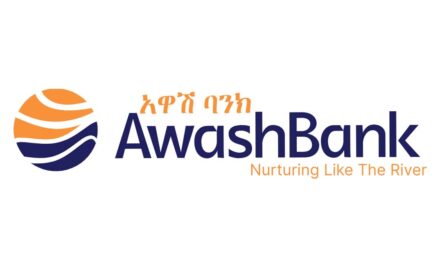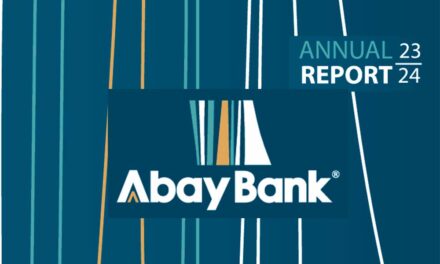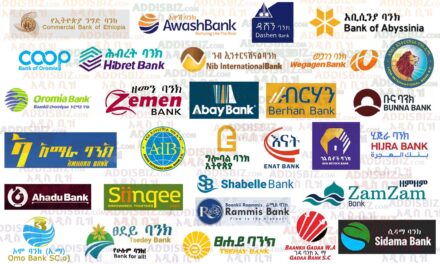The National Bank of Ethiopia (NBE) has given the green light to the founding board of directors of Hijra, the second under establishment, full-fledged interest-free bank in the country. Issued on September 14, 2020, under the signature of Frezer Ayalew, director of banking supervision at the central bank, the letter approved the nomination of the 13 board members drawn from the academia, law, ICT, finance and business arenas.
The under formation bank elected the board of directors in mid-January during the general assembly that was held at Millennium Hall and filed the application with the central bank on March 4, 2020.
A directive that was amended last year requires all banks’ board directors to hold a first degree. With the previous directive, it was enough if three-fourths of the directors had a first degree, while the remaining could have graduated from secondary school. Board directors should also be composed of a mixture of educational backgrounds such as banking, finance, accounting, management, economics, legal, business administration, auditing, information technology and investment management.
The letter from the regulatory bank that addressed the Document Authentication & Registration Agency also gave the go-ahead for the founding shareholders to sign the memorandum and articles of association, the final stage that will enable the Bank to secure a license to commence operations.
Founding shareholders will start signing the memorandum and articles of association beginning this week with a deadline of October 10, according to Mukemil Bedru, chairperson of the under formation Bank that is supposed to collect signatures from 50pc plus one of the founding shareholders.
The Bank, which has been under establishment for the past year and two months, managed to raise 700 million Br in paid-up capital from over 9,000 shareholders that subscribed to 1.2 million shares. It dissolved Nejashi Bank, which was also under the establishment process, after getting a green light from the central bank in May.
Hijra officially started selling shares on July 22, 2019, after getting pre-formation licenses from the regulatory bank on June 20, 2019. Initiated by nine individuals, the Bank sold shares through 12 banks, excluding Enat, Debub Global, Zemen and Berhan banks. Having a par value of 1,000 Br, a maximum of 20,000 and a minimum of 30 shares were offered for public subscription.
The Bank plans to become operational this year with over three dozen branches, according to the board chairperson.
“We plan for 60pc of the branches to be in regional states,” Mukemil told Fortune.
The Bank has also nominated Nuri Hussein, IFB vice president at the Commercial Bank of Ethiopia (CBE), to be the founding president of the Bank. The organisers of the Bank also applied to the central bank to get approval. Nuri, who has been working with CBE for the past one and a half years, had served Oromia International Bank as director of the Interest-Free Banking department for five years.
Even though the Banking Business Proclamation that was enacted in 2008 allows the establishment of interest-free banking, a directive had restricted interest-free banking operations to a window service alongside other conventional banking. Over half of the 17 banks have already been providing window interest-free banking services.
However, after Prime Minister Abiy Ahmed (PhD) came to power, the administration expressed its commitment to allowing the formation of Islamic banking by issuing a directive that enables banks to offer interest-free banking services exclusively. Zam-Zam Bank, the pioneer in attempting to establish a full-fledged interest-free bank in the country over a decade ago, was the first to start the processed of forming a bank in the current round.
Since then over five banks are now under establishment to provide IFB, a banking service where banks invest funds of depositors and share the profit and loss based on the agreement between the two parties.
Finalising all the processes, Zam-Zam Bank has already applied to secure a license that will make it operational. The under formation Bank was able to raise 886 million Br in paid-up capital out of the 1.7 billion Br worth of shares subscribed to by 11,200 shareholders. The 11 board members of Zam-Zam were also approved by the central bank back in June.
The Bank is only waiting for a go-ahead from the central bank to commence operations, according to Nassir Dino (PhD), the chairman who was leading the organising committee of Zam-Zam Bank.
A banking expert with a wide range of experience in the banking industry says the arrival of entirely interest-free banks is exciting news.
“The banks might not face difficulties in mobilising resources,” said the expert, “but things might not be easier when it comes to investments.”
There is a gap in adequately trained human resources in the sector or a proper and strict legal framework, according to the expert, who adds that there are many issues to be addressed both by the banks and the regulatory side.
“All the stakeholders should work to save IFB banking services from facing the same fate it faced in Turkey and Germany, where it failed to be successful,” the expert said.
The central bank has to support and promote the service; at the same time, it needs to prepare legal frameworks to properly regulate the service that is relatively new for the country, according to the expert.
The expert mentioned that preparing a law that protects depositors from risk should be put in place, especially in the case of Mudarabah- an investment account in which the customer gives the bank a mandate to invest and utilise the funds.
“If the investment doesn’t work out, customers will fully carry the loss,” he said. “They should be protected from this possibility with laws.”
AddisFortune

